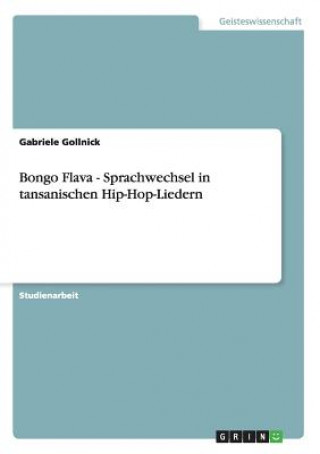
Kód: 01676707
Bongo Flava - Sprachwechsel in tansanischen Hip-Hop-Liedern
Autor Gabriele Gollnick
Studienarbeit aus dem Jahr 2006 im Fachbereich Afrikawissenschaften, einseitig bedruckt, Note: 1,0, Europa-Universität Viadrina Frankfurt (Oder), Sprache: Deutsch, Abstract: The aim of this term paper is to analyse song texts von ... celý popis
- Jazyk:
 Nemčina
Nemčina - Väzba: Brožovaná
- Počet strán: 40
Nakladateľ: Grin Publishing, 2012
- Viac informácií o knihe

Mohlo by sa vám tiež páčiť
-

Was geschieht mit dem Euro? Kann die Stabilitat der Wirtschafts- und Wahrungsunion weiterhin gewahrleistet werden?
49.71 € -
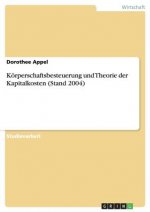
Koerperschaftsbesteuerung und Theorie der Kapitalkosten (Stand 2004)
60.50 € -
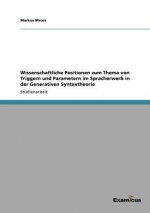
Wissenschaftliche Positionen zum Thema von Triggern und Parametern im Spracherwerb in der Generativen Syntaxtheorie
45.78 € -

Cheng
13 € -

Warten bis der Frieden kommt
10.98 € -

Aus dem Leben eines Taugenichts, m. Audio-CD
14.82 € -

À plus ! - Französisch als 1. und 2. Fremdsprache - Ausgabe 2012 - Band 1
31.05 € -
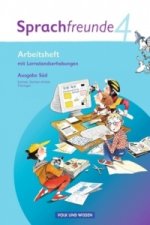
Sprachfreunde - Sprechen - Schreiben - Spielen - Ausgabe Süd 2010 (Sachsen, Sachsen-Anhalt, Thüringen) - 4. Schuljahr
14.01 € -
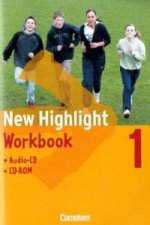
New Highlight - Allgemeine Ausgabe - Band 1: 5. Schuljahr
23.29 € -
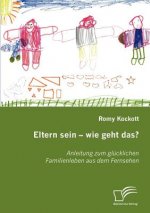
Eltern sein - wie geht das?
77.15 € -

Den Tag mit Engeln beginnen
19.76 € -10 % -
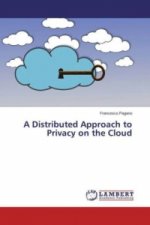
A Distributed Approach to Privacy on the Cloud
50.72 € -
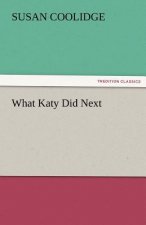
What Katy Did Next
27.22 € -
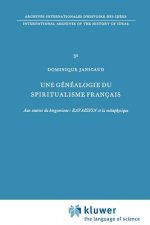
Une Genealogie Du Spiritualisme Francais
211.39 € -
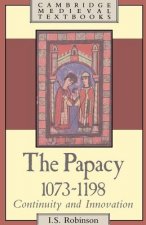
Papacy, 1073-1198
109.92 € -
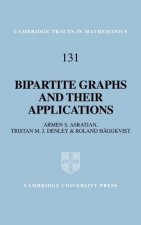
Bipartite Graphs and their Applications
160.55 € -

Charles Taylor
38.11 € -

Průvodce po tajemstvích hradů
7.96 € -19 % -
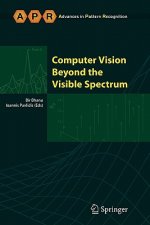
Computer Vision Beyond the Visible Spectrum
211.39 € -

Ecology of Teleost Fishes
223.69 € -
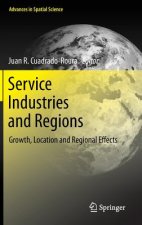
Service Industries and Regions
137.46 €
Darujte túto knihu ešte dnes
- Objednajte knihu a vyberte Zaslať ako darček.
- Obratom obdržíte darovací poukaz na knihu, ktorý môžete ihneď odovzdať obdarovanému.
- Knihu zašleme na adresu obdarovaného, o nič sa nestaráte.
Viac informácií o knihe Bongo Flava - Sprachwechsel in tansanischen Hip-Hop-Liedern
Nákupom získate 120 bodov
 Anotácia knihy
Anotácia knihy
Studienarbeit aus dem Jahr 2006 im Fachbereich Afrikawissenschaften, einseitig bedruckt, Note: 1,0, Europa-Universität Viadrina Frankfurt (Oder), Sprache: Deutsch, Abstract: The aim of this term paper is to analyse song texts von Bongo Flava music concerning the categorisation of language changes between Kiswahili and English. Bong Flava is a kind of rap or hip hop music basically developed in Dar es Salaam and other big urban sites of Tanzania. It unites American and Swahili influences and enjoys high prestige by the young generation of Tanzanians which on the one hand used to favour the American music scene but at the same time see in the usage of Kiswahili as a patriotic act. Therefore, most of the Bongo Flava music is sung and rapped in Kiswahili. Only rarely English elements are used in the lyrics.The lyrics are examined by applying the analytic instruments of Poplack (1990) and Myers-Scotton (2001). Codeswitching is defined as a synchronic realisation of more than one language in a speech act. Basically codeswitching takes place at the syntactic level and occurs inter-sentential or intra-sentential, particularly at syntactic favourable sites. In contrast to codeswitching, codemixing describes language changes at the morphemic level: when morphemes of the same lexeme are realised in two different languages, one speaks of codemixing. Borrowings are whole lexical items of a LB which are copied in expressions in the LA. Loan words, on the other hand, are lexical items which can be found in the mental lexicon of the whole speech community and are more or less grammatically integrated.Despite the range of literary on the topic, it is still difficult to clearly distinguish between these terms. On the one side, definitions varies from author to author. One the other side, in most of the literature, terms and rules on codeswitching are based on the data they observe and the specific scientific interest. Since languages differ in structure and lexicon and the data focuses on different sociolinguistic settings, comparisons become nearly impossible and terms need to be modified or even falsified. Therefore, in cases of a difficult classification, I discussed and reflected the possibilities of different definitions.
 Parametre knihy
Parametre knihy
48 €
- Celý názov: Bongo Flava - Sprachwechsel in tansanischen Hip-Hop-Liedern
- Autor: Gabriele Gollnick
- Jazyk:
 Nemčina
Nemčina - Väzba: Brožovaná
- Počet strán: 40
- EAN: 9783656197799
- ISBN: 3656197792
- ID: 01676707
- Nakladateľ: Grin Publishing
- Hmotnosť: 64 g
- Rozmery: 210 × 148 × 3 mm
- Dátum vydania: 27. May 2012
Obľúbené z iného súdka
-

Amigurumis - soft and cosy!
18.14 € -

GND PAW Plüsch 15 cm Everest
14.61 € -

UNO No Mercy
22.08 € -
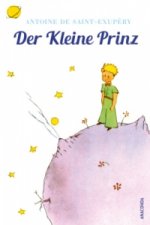
KLEINE PRINZ
5.64 € -

Trötsch Plüschpuppe Findus Kuscheltier
14.11 € -
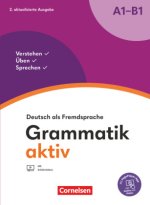
Grammatik aktiv - Deutsch als Fremdsprache - 2. aktualisierte Ausgabe - A1-B1
22.78 € -

Harry Potter und der Stein der Weisen (Harry Potter 1)
11.49 € -

Amigurumis - small and sweet!
17.34 € -8 % -

Winnetou 1. Teil
57.58 € -7 % -

Mein Kampf(German Language Edition)
26.01 € -26 % -

Mit Erfolg zum Goethe-Zertifikat C1
23.09 € -

Disney Rapunzel (Puzzle)
15.12 € -

Jujutsu Kaisen - Band 19
7.45 € -
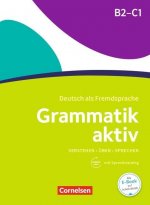
Grammatik aktiv
22.78 € -

Triominos Classic
17.24 € -1 % -

Wir Kinder vom Bahnhof Zoo
12.50 € -

PAW PATROL Ryder Plüsch, 20 cm
12.50 € -

Avocado Smash
11.29 € -

GND PAW Plüsch 23 cm Skye
17.44 € -

GND PAW Plüsch 15cm Tracker
12.09 € -
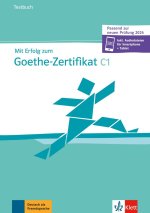
Mit Erfolg zum Goethe C1. Testbuch + online
26.41 € -

Deutsch intensiv Wortschatz C1
19.66 € -

Schritte plus Neu 1
20.97 € -5 % -

Meine Reise durch Europa
13.30 € -

Duden 12+: Kennst du das? Meine bunte Kinderwelt (Würfel)
9.67 € -

Beste Freunde Arbeitsbuch A1.2 mit Audio-CD
9.57 € -10 % -

Momente A2.2: Kursbuch plus interaktive Version
10.38 € -

Momente A2.2. Arbeitsbuch plus interaktive Version
9.87 € -2 % -

GDH Deluxe Room Cakeys Küche
29.04 € -
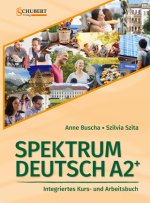
Spektrum Deutsch A2+: Integriertes Kurs- und Arbeitsbuch für Deutsch als Fremdsprache
30.35 € -

Mein Kampf(German Language Edition)
35.39 € -29 % -

Im Westen nichts Neues
13 € -

Deutsch für clevere Kids - 5 Wörter am Tag
17.14 € -
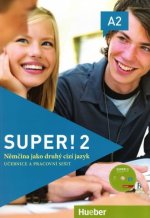
Super! 2/A2: učebnice a pracovní sešit + CD zdarma
18.45 € -13 % -

Auto-Katalog 2024
14.01 € -4 % -

Tarot-Kartenset: Magic Soul Tarot
23.99 € -

Tempo, kleine Fische!
10.08 € -

My Rummy
22.68 € -

Projekt C1 neu: Lehrerbuch mit Audios online
45.48 € -

Deutsch Großes Übungsbuch Wortschatz aktuell A2-C1. Buch
32.77 € -

Geheim-Codes
12.29 € -
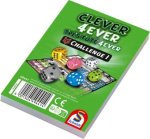
Clever 4ever, Challenge Block, 12 Stück
6.04 € -

Insel der blauen Delphine
8.36 € -19 % -

Der Vorleser
13 € -

Alpe Adria Radweg
17.84 € -5 % -

Hitster - Summer Party
24.60 € -

Prüfungstraining DaF - C1
25.91 € -
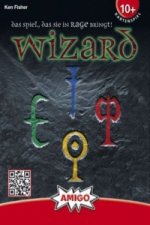
Wizard
8.97 € -

Killing Stalking 01
15.02 €
Osobný odber Bratislava a 2642 dalších
Copyright ©2008-24 najlacnejsie-knihy.sk Všetky práva vyhradenéSúkromieCookies



 21 miliónov titulov
21 miliónov titulov Vrátenie do mesiaca
Vrátenie do mesiaca 02/210 210 99 (8-15.30h)
02/210 210 99 (8-15.30h)